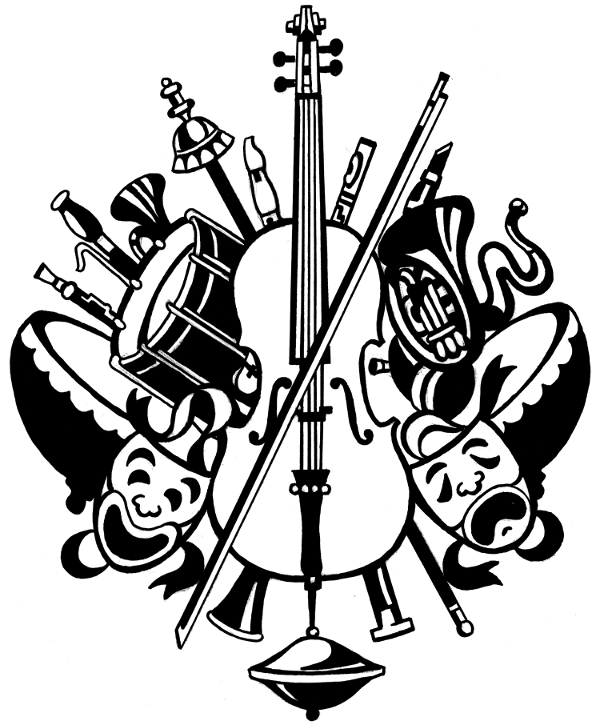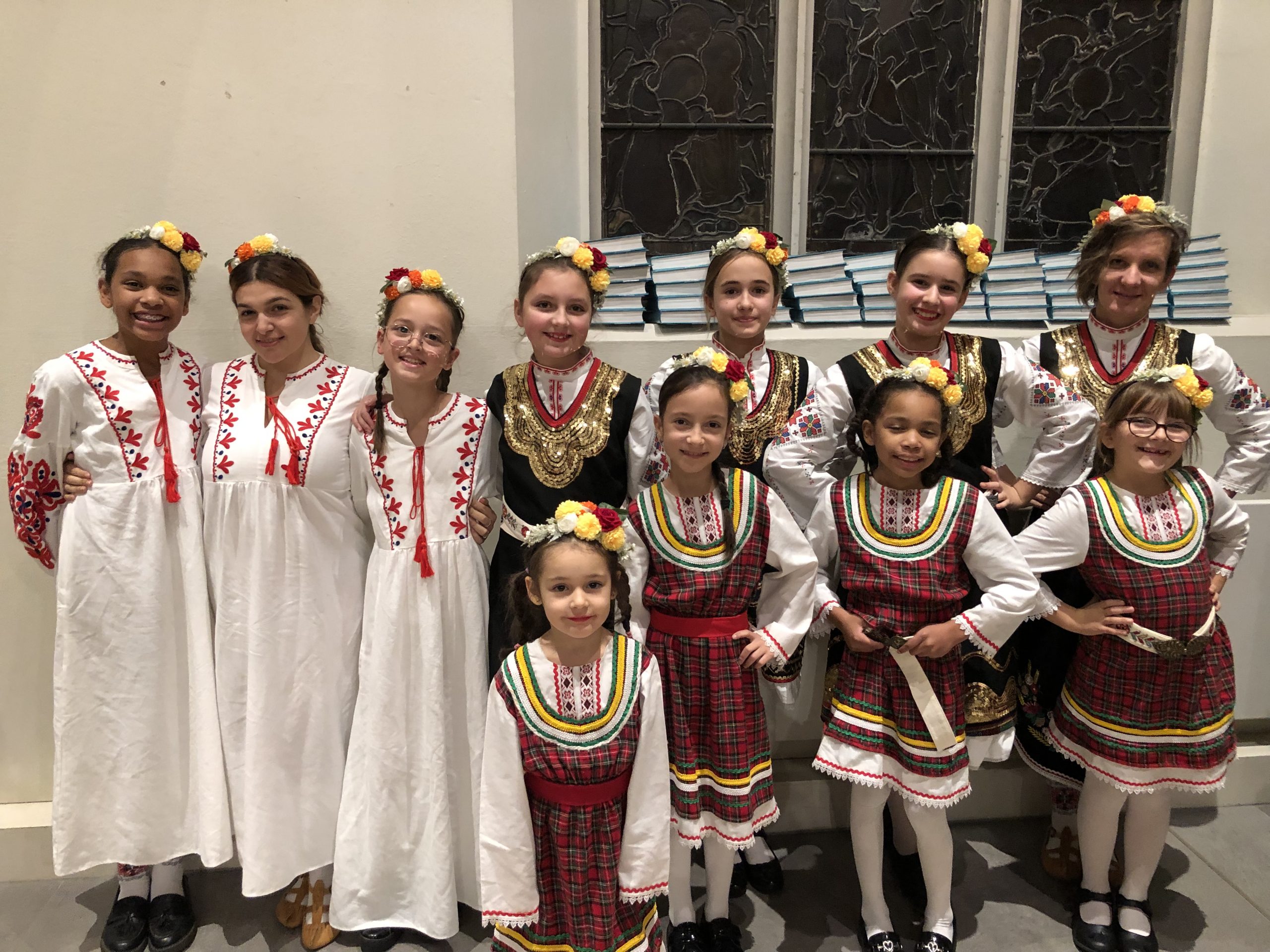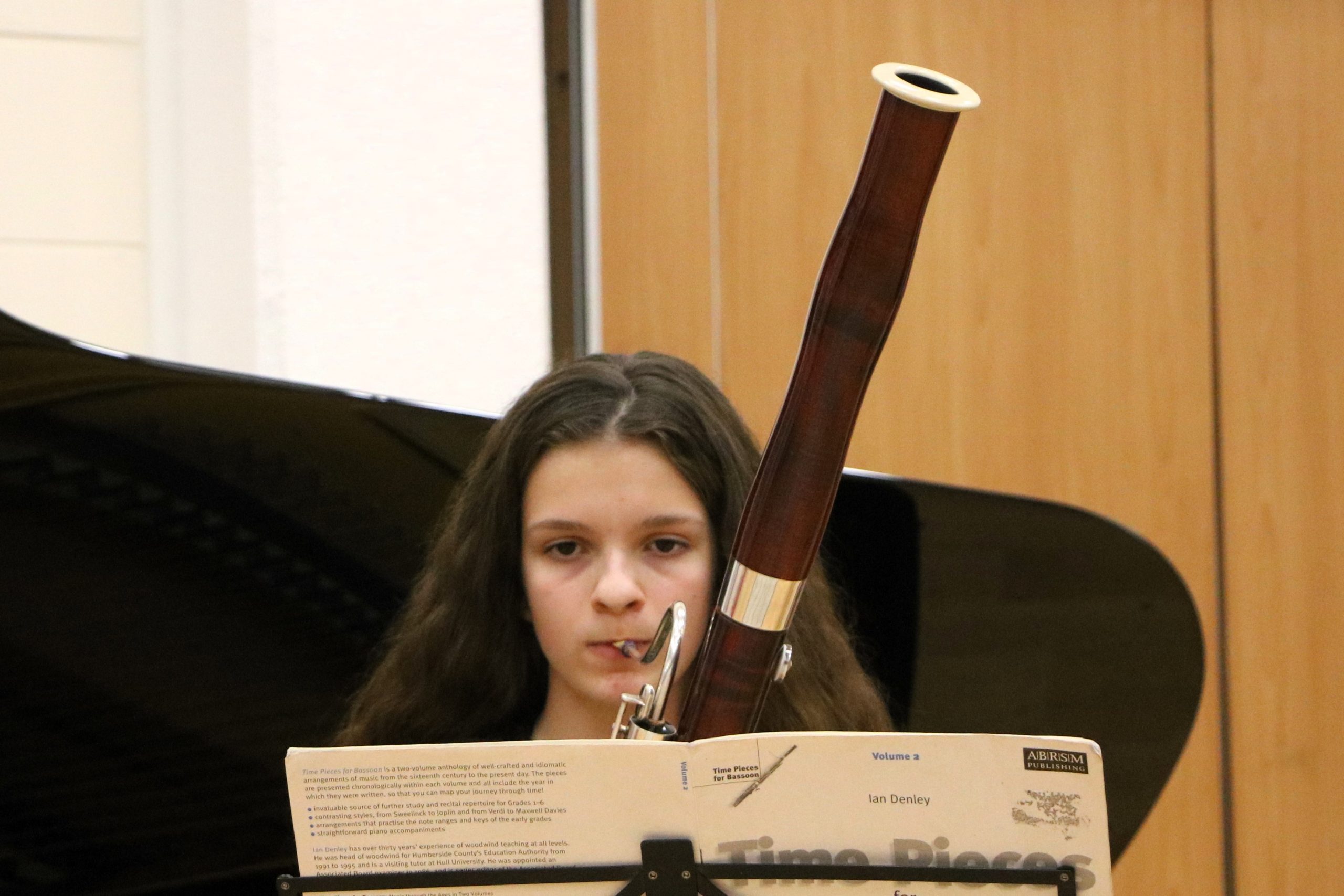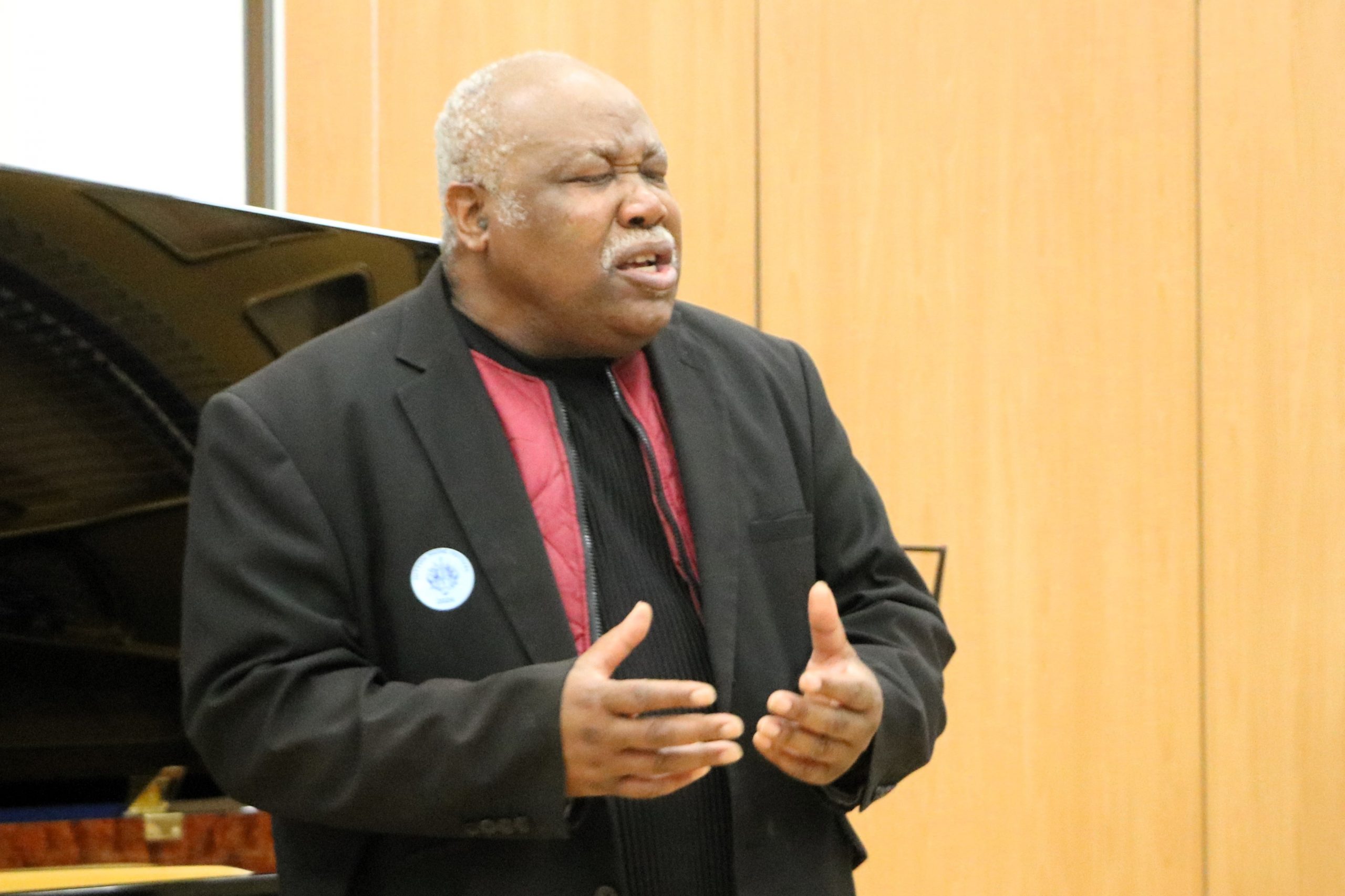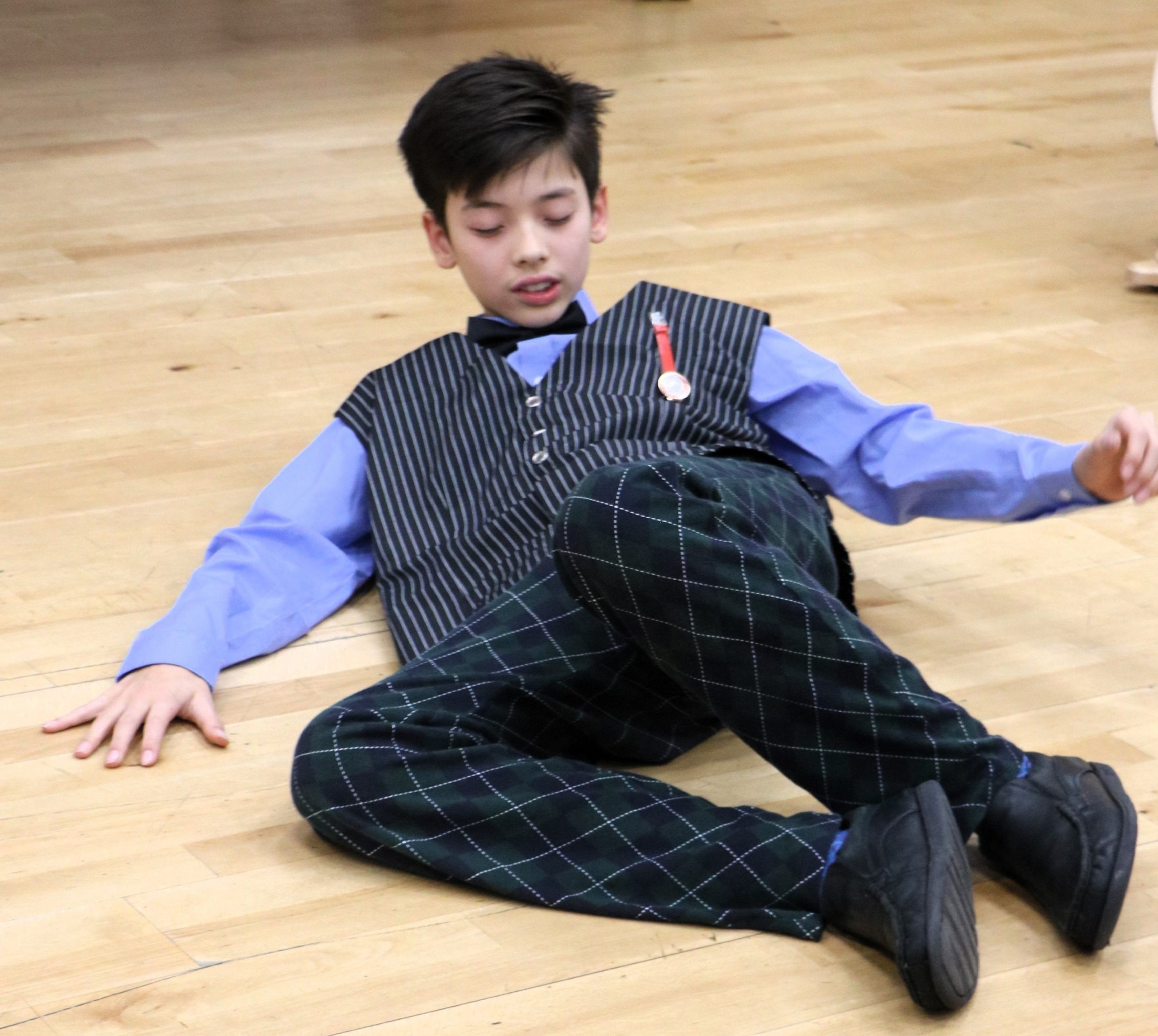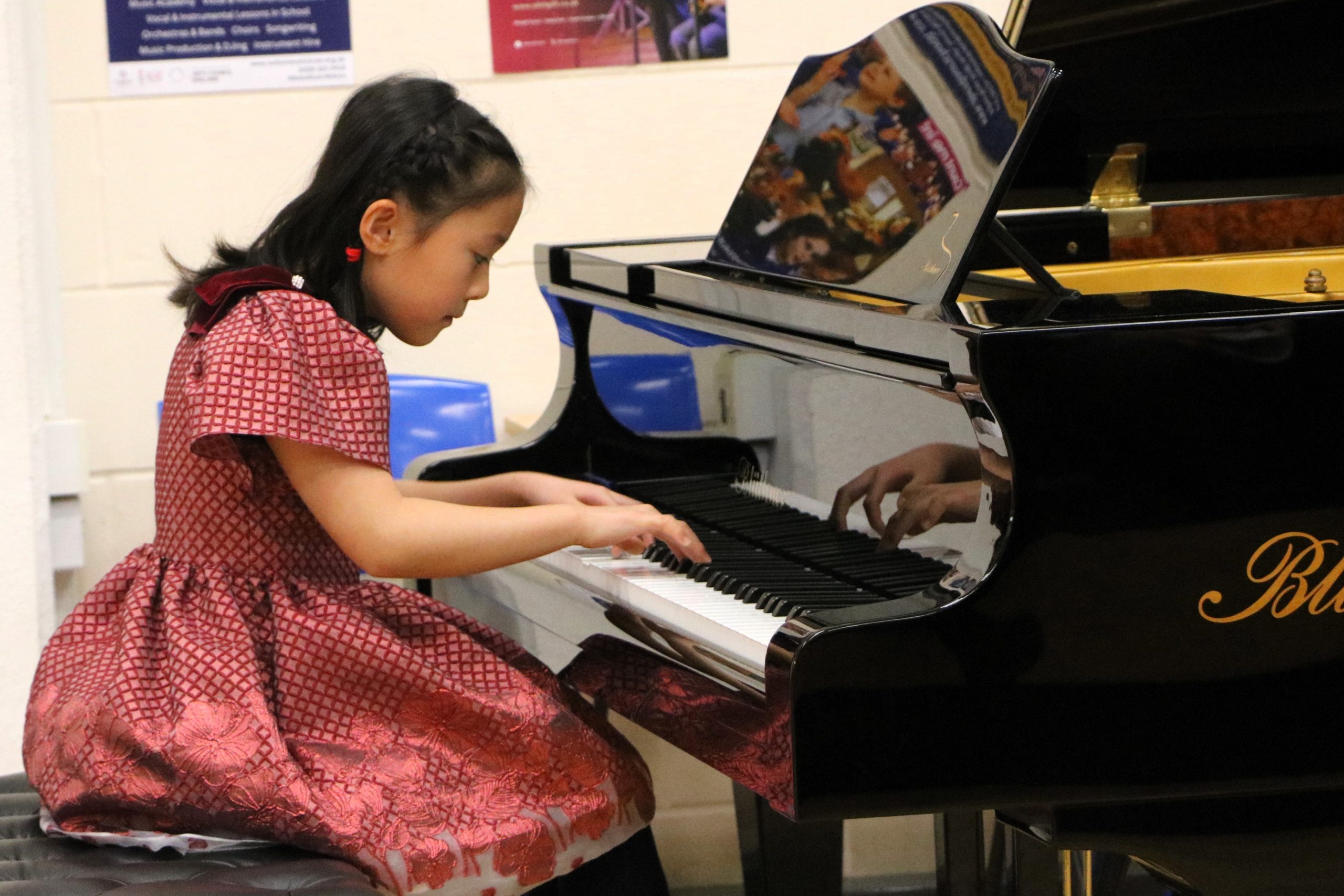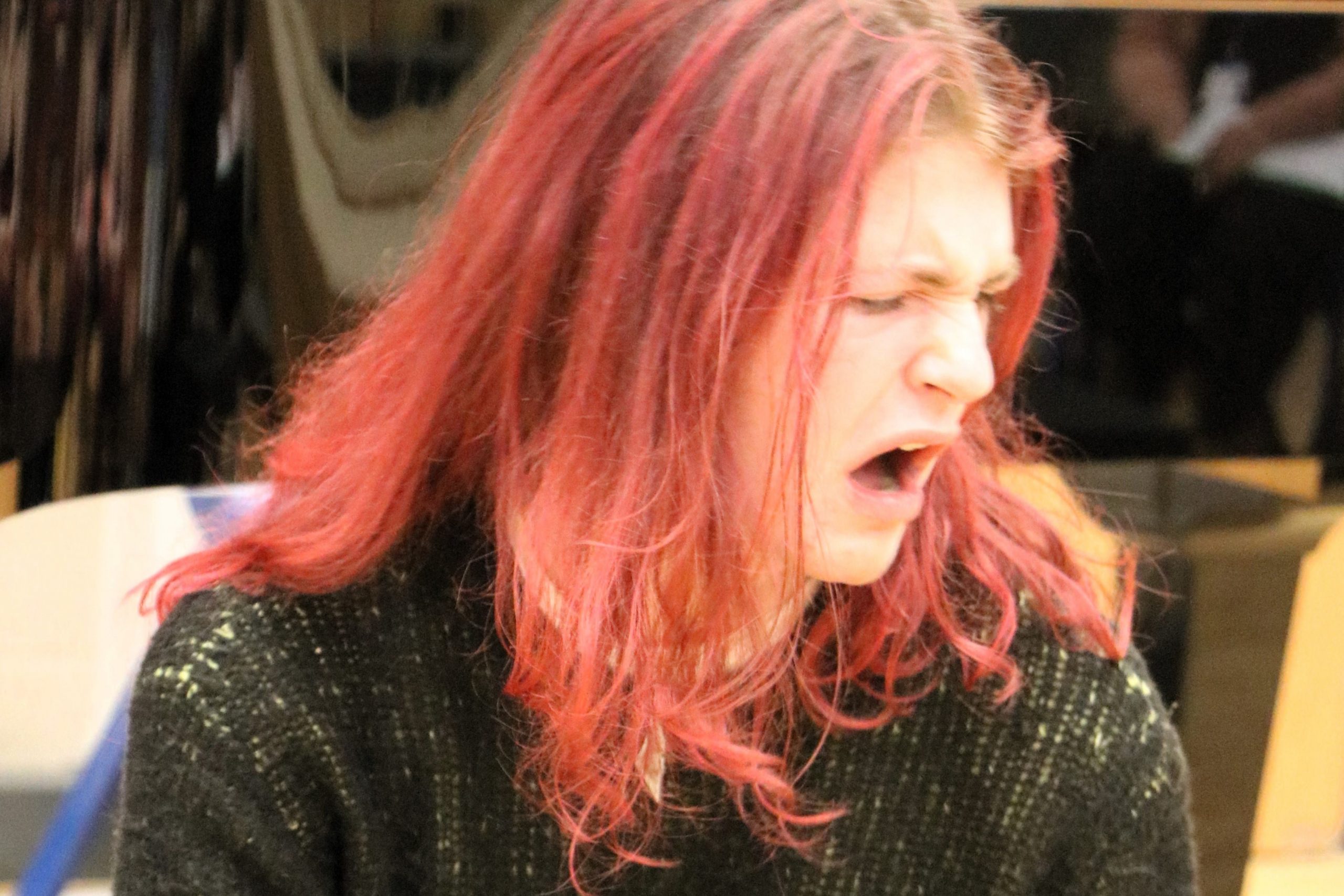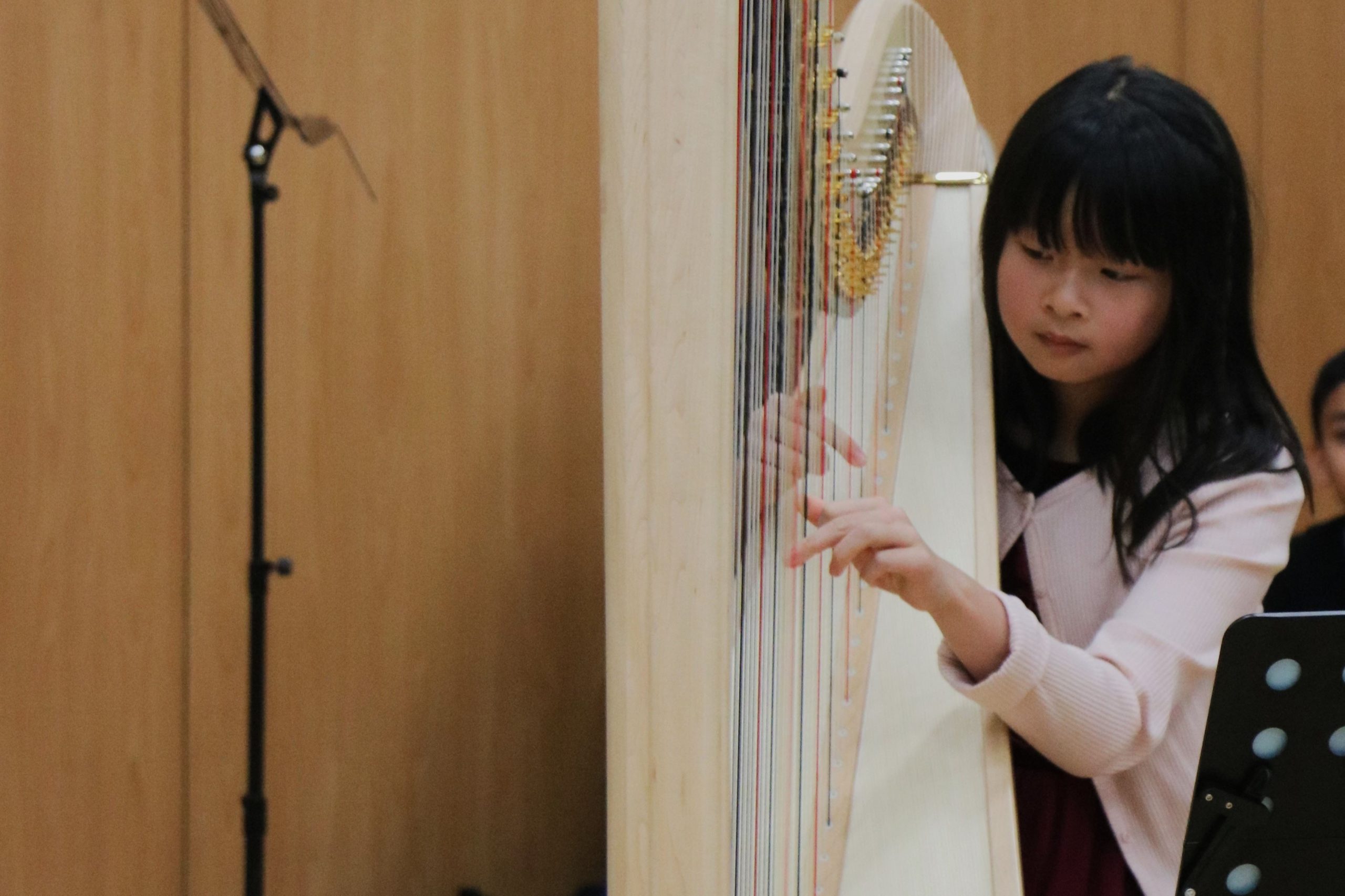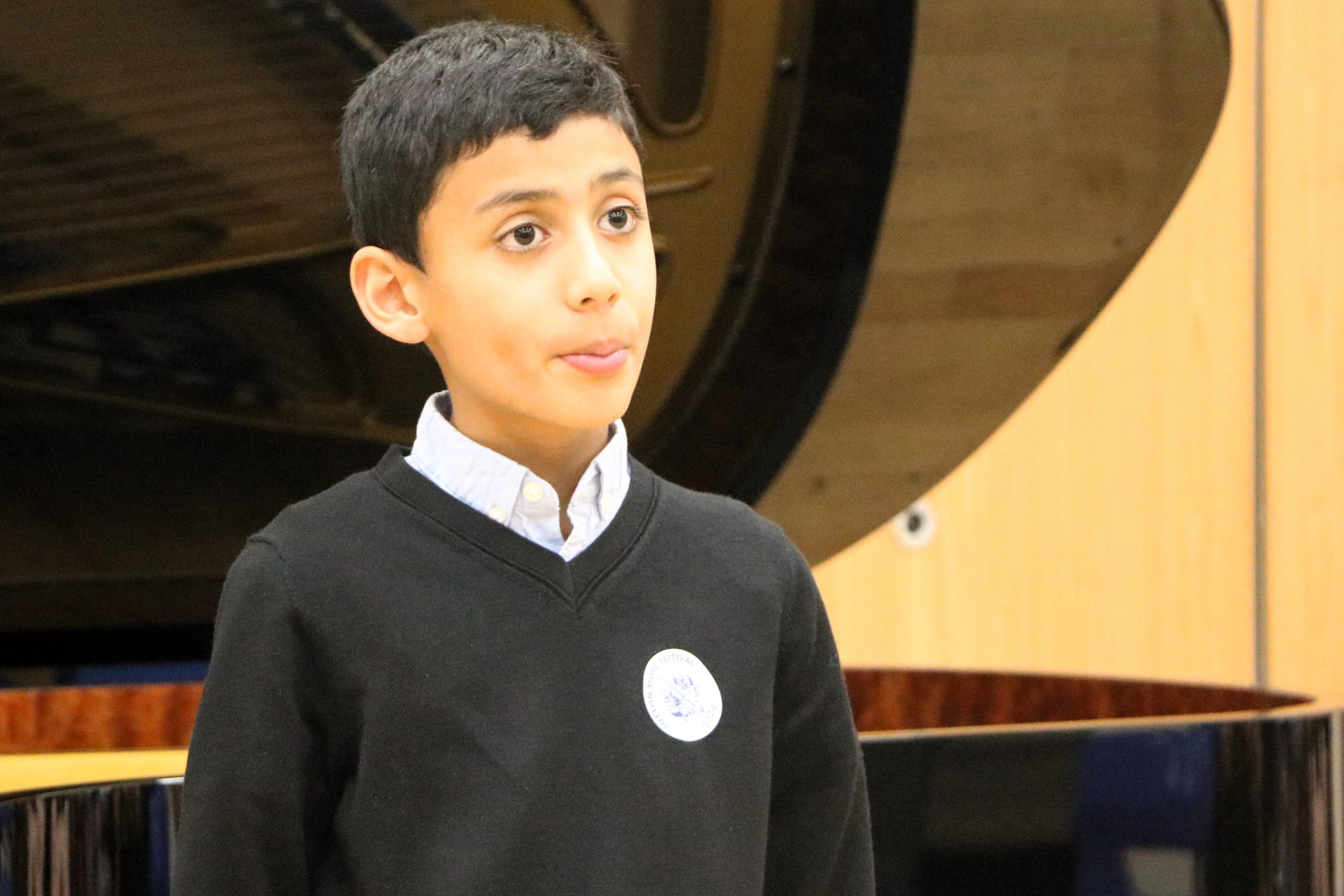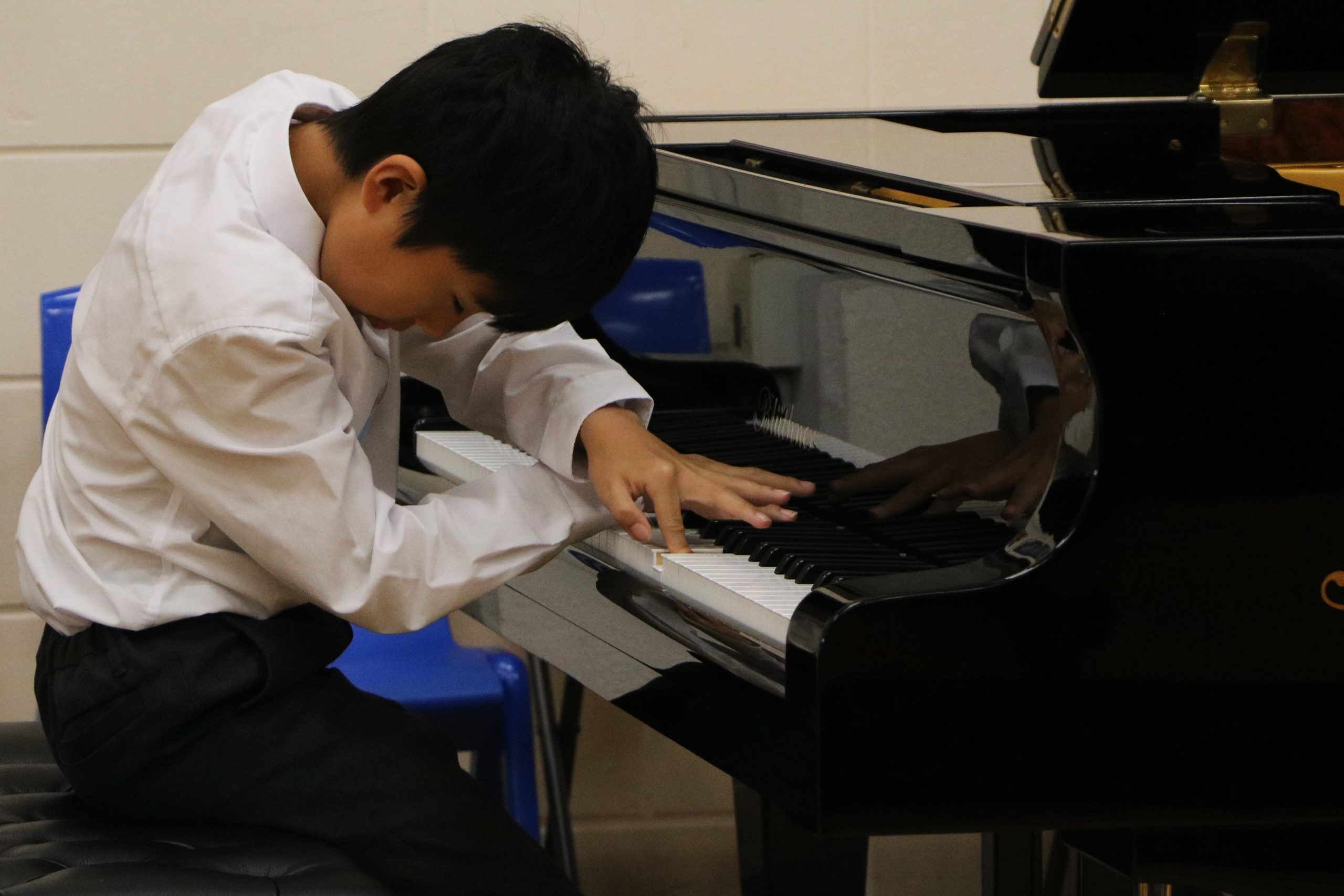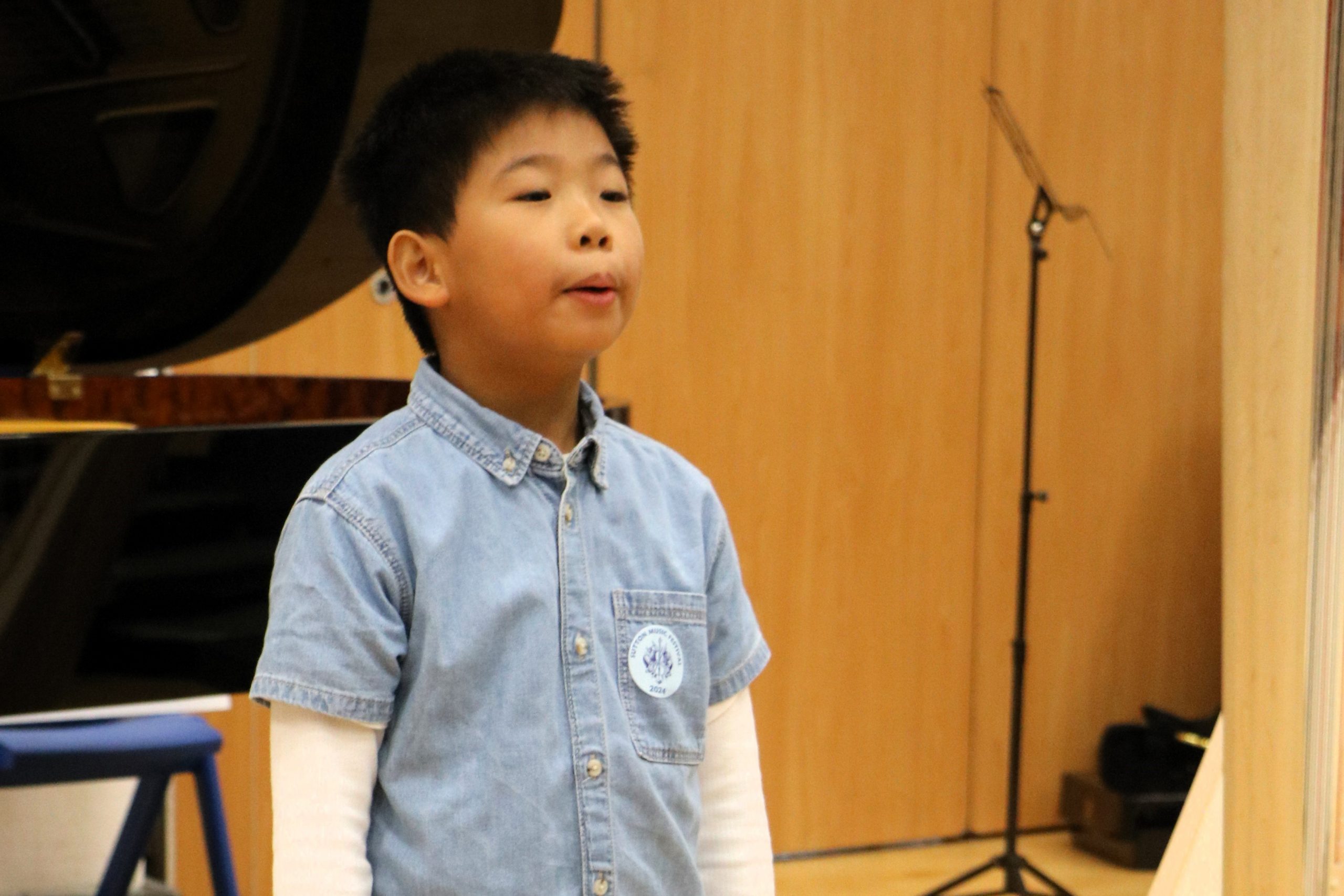Our History
Welcome to the Sutton Music Festival
Past, Present and Future
A brief history of Sutton Music Festival
It is hard to imagine that at the beginning of the Twentieth Century, when the Festival Movement evolved, there was very little opportunity for amateurs learning music, dance, speech and drama to perform in public. Neither were the performing arts a part of the school curriculum. So, in order to satisfy demand, local competitive music and drama festivals were set up to provide a unique opportunity for performers in these disciplines to gain vital hands-on experience and specialist appraisal. Our own Festival began in February 1928, when Mr. Frank Dewey chaired the first Committee meeting in his Music Shop in Grove Road Sutton – now the home of Morrisons in the one-way system. It soon gained the recognition of the British Federation of Music Festivals (as it was then known) and has operated every year since, apart from a five-year lapse during World War 2. Records show that, during its 95 year history, the Festival has benefited well over one hundred thousand entrants – not only those aspiring to become professional performers but more importantly those aged from 5 to 80 who participate purely for enjoyment and satisfaction.
Despite its title, the Festival has always included a Speech and Drama Section, but regrettably Dance was discontinued in 1955. During the 1950’s and early sixties the Festival grew in size and stature, moving from the original Sutton Public Hall, which was demolished in the early 1970’s to make way for the present one-way traffic system, via a series of venues including Sutton High School for Girls, Homefield Preparatory School, SCOLA, Cheam High School and, since 1998, Overton Grange School. Entry numbers peaked in the fifties and sixties – indeed Festival Hon. Vice President Judith Burton’s own initiation was as a competitor in a piano class where 160 eight-year olds played the same short set piece. Festival appearances certainly helped to shape many young people’s musical development; something which I’m sure will be endorsed by Alan Brown, one of our long-standing accompanists, and also opera singer and adjudicator Marilyn Hill Smith, all of whom were regular SMF participants.
Today the Festival is one of about 300 members of the British & International Federation of Festivals. It provides a platform for solo and group performers of all ages and abilities and caters for a variety of tastes and styles, by offering some 240 classes in the main sections – Piano, Instrumental, Choral Singing, Vocal and Speech. Provision is made for beginners with little or no stage exposure, ranging through to classes for people with much more performing experience. Throughout, the emphasis is on fun and enjoyment. It is run as a charity by a dedicated team of volunteers, several of whom have had their contributions of more than 25 years recognised through Federation long service awards. An initial loss of £47.96 was recorded in 1928, but our financial affairs are now much healthier, largely due to generous support from Arts Network Sutton, the H.R.Taylor Charitable Trust, the Blüthner Piano Centre and other valued local sponsors. Without this help the Festival could not operate and we are indebted to them all.
In 2000, the Millennium was marked by an exciting Soloists Competition, which attracted young instrumentalists and vocalists of national and international calibre, all under the age of thirty. In 2008 the Festival celebrated its 75th Anniversary with a special Anniversary Concerto Competition, which proved to be a fascinating showcase for some of the finest young pianists and instrumentalists under the age of 24, studying in London and the South East at that time. The winners of both these competitions – Danny Driver in 2000 and Maria Marchant in 2008 – have since established themselves as much sought after professional performers.
In 2015, we inaugurated the first celebrity masterclass and since then we have held them annually (except during the COVID pandemic in 2020 and 2021), one for each discipline in turn, for outstanding performers selected from amongst festival participants. Those held so far have catered for all sections of the festival – wind instrumentalists, string players, pianists, vocalists and performers from the speech and drama section. These masterclasses have been made possible with generous financial help from the Neil Heayes Bequest. Neil (deceased 2012) was a former Music Officer with the Sutton Arts Council who left money for specific purposes and we are extremely grateful to Arts Network Sutton for offering us support from this fund.
In April 2019, Judith Burton retired as Festival Chairman and organiser, having served as Committee member for 45 years plus Chairman from 1997 and Organiser since 2004. In 2013, her long service was acknowledged with the award of one of the London Borough of Sutton’s Olympiad Cultural Awards, and with a British Empire Medal in 2019.
Other changes in 2019 included the introduction of on-line entries through the Run My Festival system. This speeded up the entry system, allowed entrants to pay on-line, and reduced the amount of administration. Though as with all new things, it was not without its teething problems!
2020 saw the organisers grappling with how to run a Festival during a major pandemic. Fortunately the wonders of the internet allowed us to go on-line, and the 2020 Virtual Festival was a resounding success, with entrants submitting video performances. Those videos are still available on our website – a rare thing as photos and videos are not normally allowed. This meant that the Festival has not missed a year since the war. Despite this success we were all pleased to get back to a more normal Festival. Since 2020, the Festival has gone from strength to strength, with a record number of entries in 2022. Face to face performance is at the heart of what we do, for the enjoyment and benefit of the community.
DAVID DRANE Festival Chairman
With due acknowledgement and thanks to Judith Burton for writing the main part of this history.
Further information can be obtained by e-mailing information.smf@gmail.com
2024 Prize Winners
CONTACT US
e-mail: information.SMF@gmail.com
Web: www.suttonmusicfestival.org.uk
Facebook: www.facebook.com/Sutton-Music-Festival-616423451739315/

